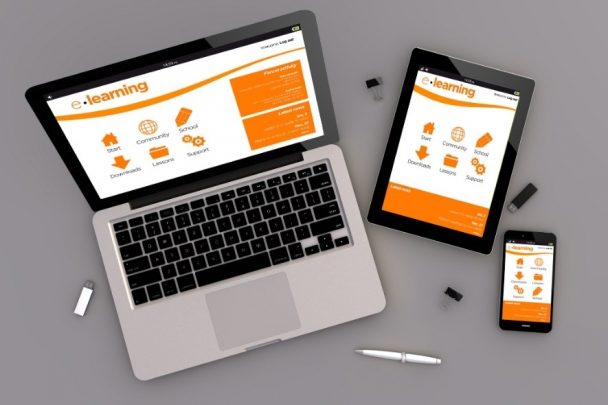Description
Intermediate Computer Proficiency required. Read more »
Intermediate computer proficiency courses are designed for individuals who already have good understanding of technology. Participants will build upon their skills by learning how to use a variety of resources, including learning apps, Microsoft 365 apps, and photo and video editing platforms.
Moodle is the most famous software application (Learning Management Systems, LMS) to administer and deliver online teaching and support face-to-face teaching with online education.
It is designed for users who do not have server or coding skills, and it is a flexible software that easily adapts to most different educational situations. Moreover, it is open-source, that is, completely free. Hence, it can be adopted by a whole school, but also by a single teacher for just one course.
If you want to introduce Moodle into your classes but you don’t know how to do it, this course is exactly for you! It benefits from all the experience that we, at Europass Teacher Academy, gathered in the last two years while creating more than 50 online courses with Moodle.
The course will provide participants with all the basic knowledge and skills necessary to use Moodle to create and administer their courses and lessons.
As a participant, you will learn how to have your Moodle site up and running in a short time with MoodleCloud, how to navigate within the Moodle interface, how to manage the roster of students enrolled in a course, and how to create modules and different kinds of activities.
Moreover, Moodle strongly supports collaborative learning, and together we will also see how you can use it best to create online group activities and assessments for your classes.
The course has a very practical approach, and participants will gain a working knowledge of the main features of Moodle, using the platform with their own computers directly throughout the course.
Because of this, you are invited to bring your own personal computer, and/or (digital) teaching materials you may use during the course to explore the Moodle environment.
By the end of the course, you will be able to handle the basic features and functions of Moodle and manage your classes in the Moodle platform.
You will have acquired many ideas and capacities to simplify your students’ learning process and make online teaching more enjoyable and meaningful to you.
Requirements
Suggested computer proficiency: Intermediate
What is included
Learning outcomes
The course will help the participants to:
- Adapt the flexibility of Moodle to their educational context;
- Create courses and modules in Moodle;
- Manage Moodle users;
- Add digital content to their course;
- Create collaborative activities to involve their learners;
- Design learning paths for self-paced learning.
Tentative schedule
Day 1 – Course introduction
Course introduction
- Introduction to the course, the school, and the external week activities;
- Icebreaker activities (face-to-face and online);
- Expression of needs and interests.
Get started with Moodle
- Overview of course and category structure, create and navigate a course, the Dashboard, Edit course settings, and layout;
- Manage users (roles and permissions, enrolment methods, groups, cohorts, and guest access);
- Practical activities: create a course and give learners course access.
Day 2 – Add content to your course
- Display information on the course page;
- Add content of different kinds (images, presentations, worksheets, PDFs, embed media, share web links);
- Track user’s progress;
- Practical activities: create a learning unit with content of different kinds, and monitor other participants’ progress in your course;
- Presentations of the participants’ schools.
Day 3 – Learning activities promoting inclusion and collaboration
- Create activities to involve your learners;
- Manage discussion and collaboration;
- Monitor student activity through course reports;
- Practical activities: create and get involved in group activities.
Day 4 – Learning activities for self-paced learning
- The principles of digital learning;
- How to structure a self-paced module;
- Practical activities: develop a self-paced lesson in Moodle, and share it with course participants;
Day 5 – More advanced functions of Moodle
- Customize your course;
- Save and reuse your course;
- Roundtable: consider uses for Moodle in your educational setting.
Day 6 – Course closure and cultural activities
- Course evaluation: round-up of acquired competencies, feedback, and discussion;
- Awarding of the course Certificate of Attendance;
- Excursion and other external cultural activities.



